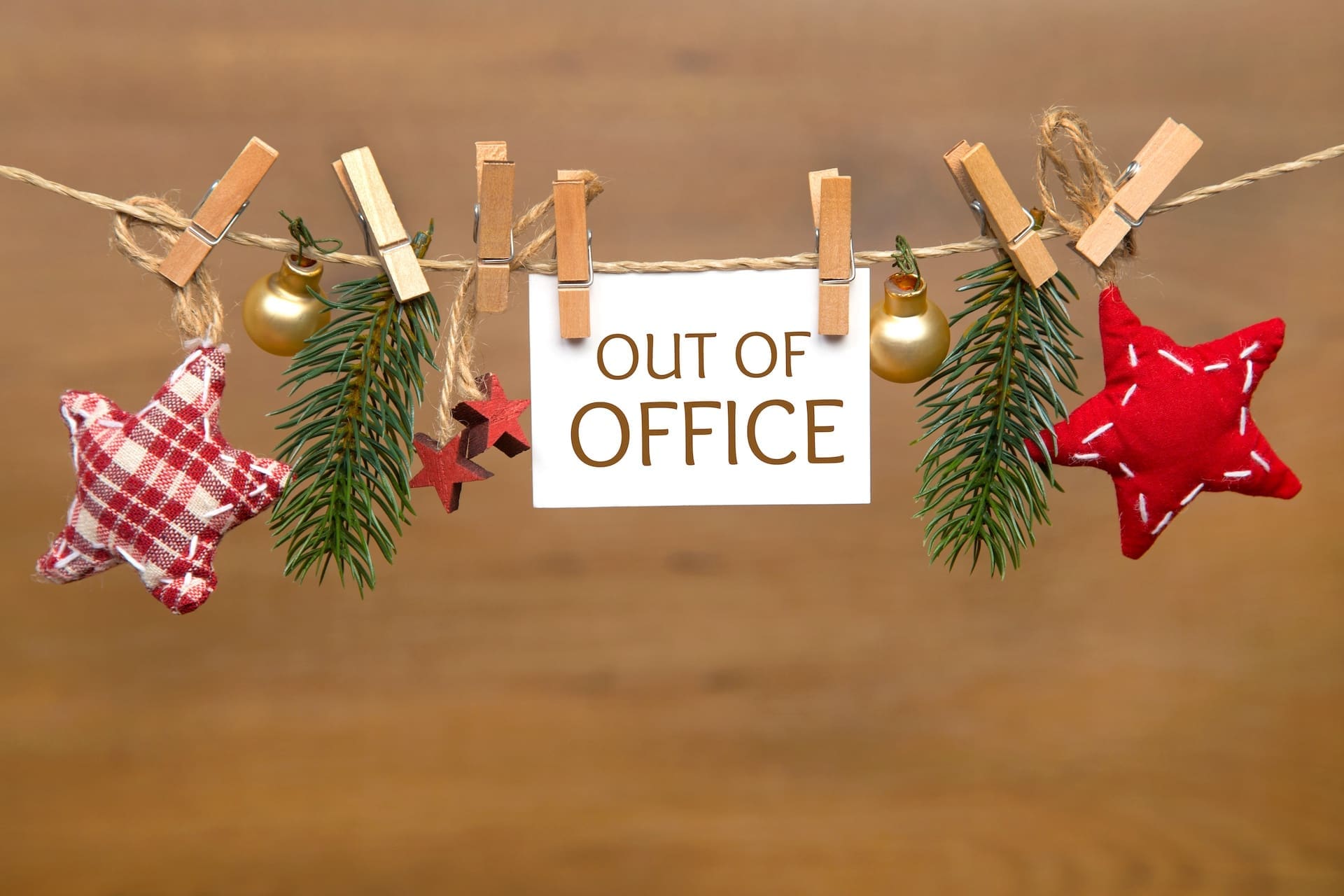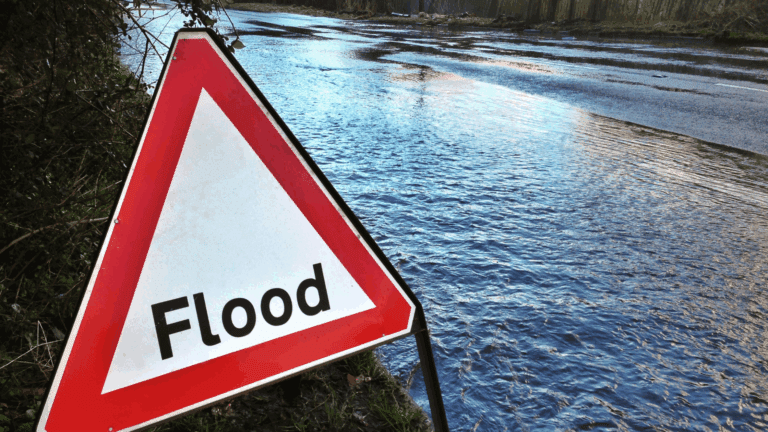
Important notice:
Please contact your wholesaler immediately if you experience any changes to your water supply or wastewater services such as a water shortage, low pressure, water quality issue or mains or sewer flooding as these could indicate a bigger issue with your local network and a threat to public health. Wholesaler contact numbers can be found below or via your wholesaler’s website.
If you are experiencing any of the following:
- no water
- external burst water main
- sewer flooding
- taste or smell issues with your water
Inside or outside working hours, please report them to your local wholesaler on one of the emergency contact numbers below.
Wholesaler and water emergencies contact number:
Affinity Water: 0345 357 2407
Albion Water: 0800 917 5819
Anglian Water & Hartlepool: 03457 145 145
Bournemouth Water: 01202 590 059
Bristol Water: 0345 702 3797
Cholderton & District Water: 07437 445 863
Essex & Suffolk: 0345 717 1100
Northumbrian Water: 0345 717 1100
Portsmouth Water: 023 9247 7999
Scottish Water: 0800 077 8778
Severn Trent Water: 0800 783 4444
South East Water: 0333 000 0018
Southern Water: 0330 303 0368
South Staffs Water: 0330 123 0116
South West Water: 0344 346 2020
Sutton & East Surrey Water: 01737 772 000
Thames Water: 0800 316 9800
United Utilities: 0345 672 3723
Wessex Water: 0345 600 4600
Yorkshire Water: 0345 1 242424
If you have no water
First, contact your water wholesaler. They can advise you about known problems on the network, like burst pipes, leaks, or planned repairs, and how long it’s likely to take to sort them out. They may deliver extra water, especially for vulnerable sites like hospitals.
Wholesalers are responsible for ensuring clean water is supplied to your site and wastewater is taken away. They usually publish information about bursts, leaks, and repair work on their websites.
A burst pipe or leak could prevent water from reaching your taps. Some leaks are underground so may not be obvious. To check for leaks, follow this simple leak test.
If you think you have a leak and your wholesaler says there aren’t any water supply issues on their network, you’ll need to call a plumber to get it fixed as soon as possible. An approved list of plumbers in your area is here.
Alternative water suppliers
It’s worth planning in advance, so you know where you could get an alternative supply of water for your business in an emergency.
If your wholesaler can’t deliver alternative water to your site and you need water to protect your business, contact Water Direct on 03453 451 725, an emergency water supplier. Please note that you’ll need to pay for their service.
If you’ve had a burst pipe or leak
Report any burst water mains or pipes and leaks as soon as possible to your water wholesaler. Many allow you to do this on their website, but emergencies should always be reported on their emergency phone line.
Wholesalers sometimes issue leakage allowances, and we can help with this. To claim, send the following information to customer.services@everflowutilities.com:
- Who repaired the leak (e.g. plumber, yourself).
- The date of the repair.
- A plumber’s report or invoice and any other evidence, such as photos.
- A meter reading taken directly after the repair.
- A meter reading taken at least 14 days later.
If you’re unsure whether you can apply for a leakage allowance, call our friendly Customer Service team on 0330 6600 137 or email customer.services@everflowutilities.com – they’re happy to help!
If you’ve had a burst pipe on the private pipework supplying your site, we’ll consider making an allowance against your sewerage charges for the water lost. Please supply the same information as above to check whether you’re eligible.
If your water pressure is lower or higher than usual
Ask your wholesaler whether there are any bursts, leaks or repair work on their network that could be affecting your site (some publish this on their websites and social media channels). These are common causes of pressure changes.
Check for plumbing issues on your site, like a partially closed stop-tap burst pipe or leak. Some leaks are underground so may not be obvious. To check for leaks, follow this simple leak test.
If you think you have a leak and the wholesaler says there aren’t any water supply issues on their network, you’ll need to call a plumber to get it fixed as soon as possible. An approved list of plumbers in your area is here.
If you don’t discover any causes, report the low pressure to your wholesaler, who can then investigate.
Flooding from drains and sewers
If you are experiencing flooding from drains or sewers, contact your wholesaler right away on their emergency number.
Sewer flooding is the worst way that our customers can be failed by the water industry. One of the impacts of climate change that’s already happening in the UK is increasingly intense but sporadic periods of rain, leading to flooding from rivers and sewers.
Sewer flooding can also be caused by blockages in sewers, causing wastewater to flow out onto roads, into water courses/landscape or into buildings etc. Both cause disruption and often high clean-up costs, as well as negatively impacting the environment by, for example, damaging the biodiversity of streams.
If your business has been affected by sewer flooding, wholesalers have compensation schemes which you can apply for. It’s also important to check that your insurance covers such incidents. Such issues should not reoccur, but ask your wholesaler about any mitigation measures they can put in place or recommend to protect your business from any future sewer flooding.
Our customers’ actions – both at work and at home – influence how likely it is that their communities will experience flooding, and how severely they will be impacted. Actions which can have a negative impact include:
- Incorrectly disposing of waste like oils and fats, chemicals and wipes into drains and sewers causes slow draining or blocked sewer pipes, which lead to bad smells and flooding.
- Large changes in how much water people use (because this then becomes wastewater) can overwhelm sewers.
- Poor maintenance of wastewater pipes can cause blockages or flooding.
Businesses can reduce the amount of rainwater entering sewers from outdoor surfaces on their sites like roofs and car parks by capturing their own rain or giving rainwater somewhere to go other than down the drain.
You can do this by installing water butts to collect rainwater for watering plants, landscaping in wild wetland areas or ponds, and breaking up tarmac and concrete areas with flower beds and tree pits. These sustainable drainage systems can divert or temporarily store rainwater to slow down its progress into sewers.
Installing rainwater harvesting and water recycling systems can divert rainwater or recycle used water for non-drinking uses like flushing toilets and washing clothes.
Taste or smell issues with your water
Drinking water in England and Wales is of a very high quality, but you may occasionally become aware of a different taste or smell. This could be due to:
- the use of chlorine to maintain good hygiene in the pipe network.
- seasonal water quality effects creating a musty smell or earthy taste.
- a change in where your water comes from or how it is treated.
- your plumbing, which for various reasons can cause a range of tastes including metallic, salt, rubbery or earthy tastes.
If you experience this, check whether your neighbours are having similar problems. Also try to record when the problem started. For advice about taste and smell please see the leaflet on the Drinking Water Inspectorate (DWI) website here.
Only use cold water from the kitchen tap for drinking or cooking because other rooms are usually served from a storage tank in the roof and use other pipes, so are not as fresh or as safe as water directly from the mains.
If you suddenly notice a particularly bad or strong smell or taste, contact your water wholesaler immediately on their emergency number listed above.
Your water wholesaler can help you find out whether there’s anything wrong with your site’s plumbing. They can carry out an inspection and test samples of your water. You could also get advice from a qualified plumber.
If your drinking water comes from a tank, you will need to contact the water treatment company or management company which serves your site.

Contact Everflow today!
At Everflow, our goal is to make your utilities simpler. We ensure you get great-value contracts that are tailored to your needs and easy to manage.


